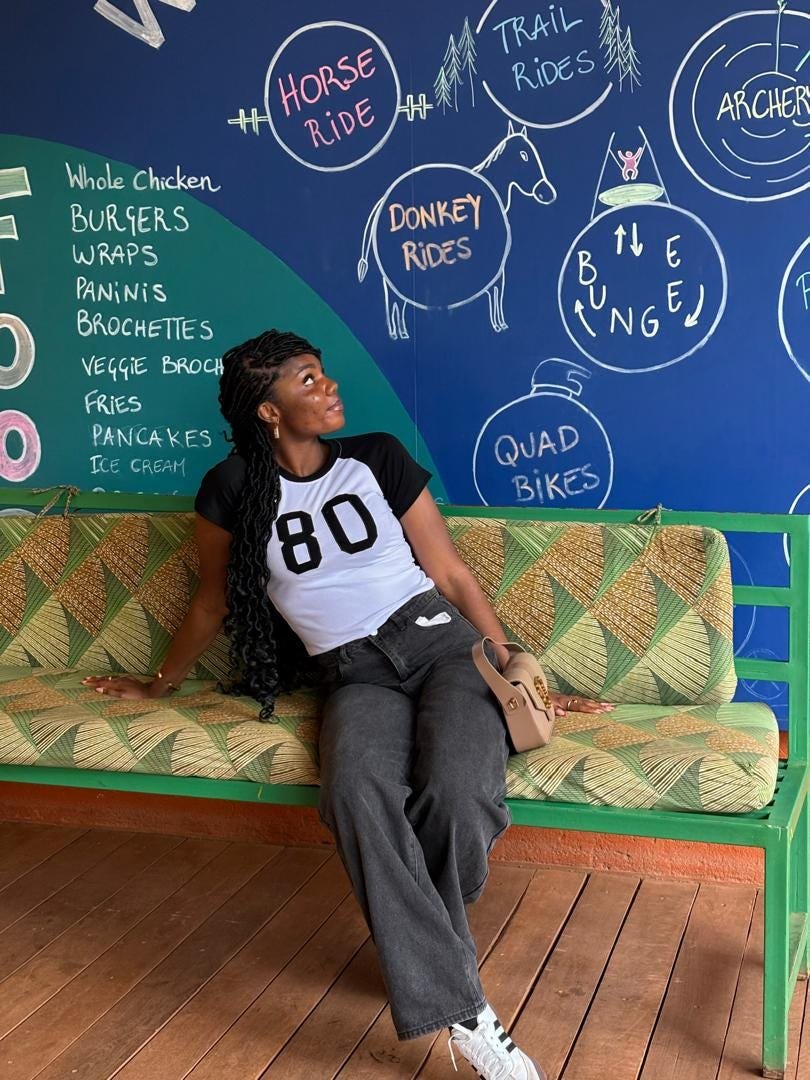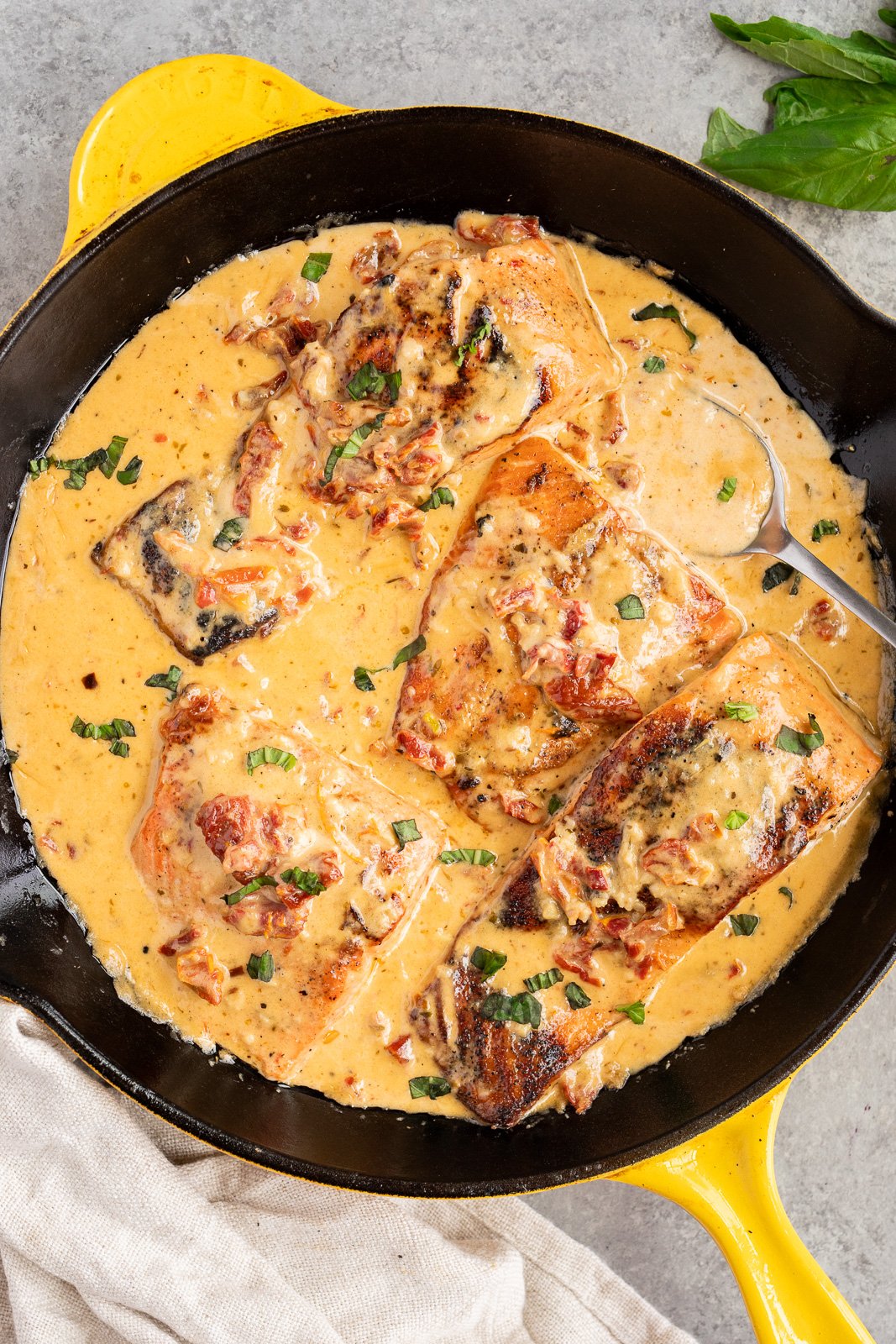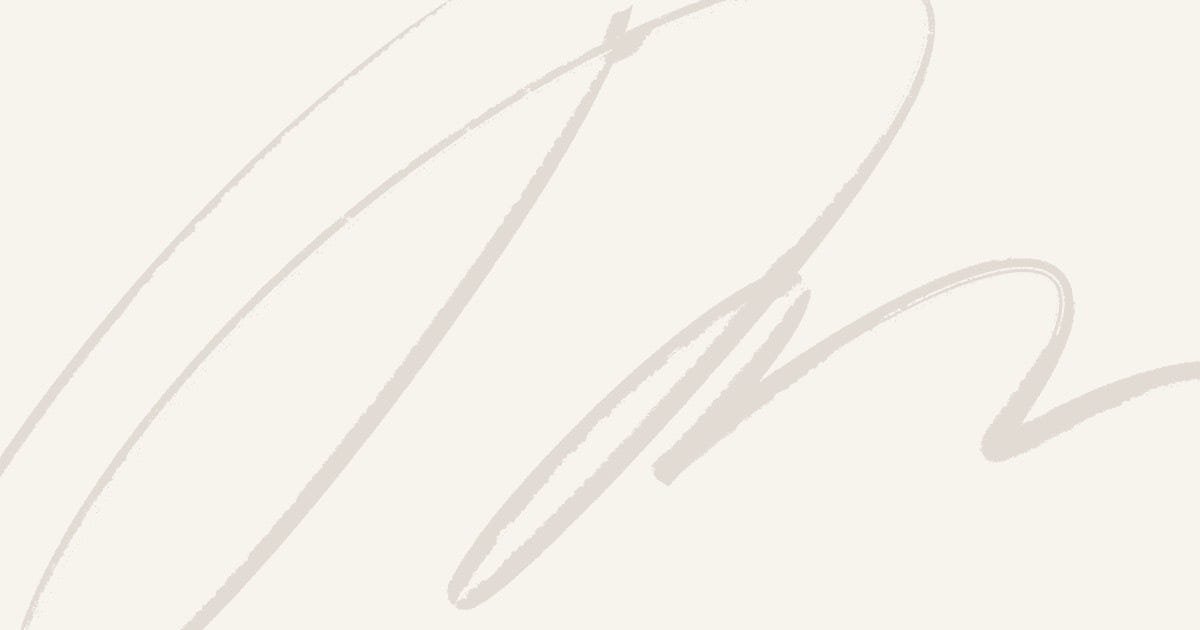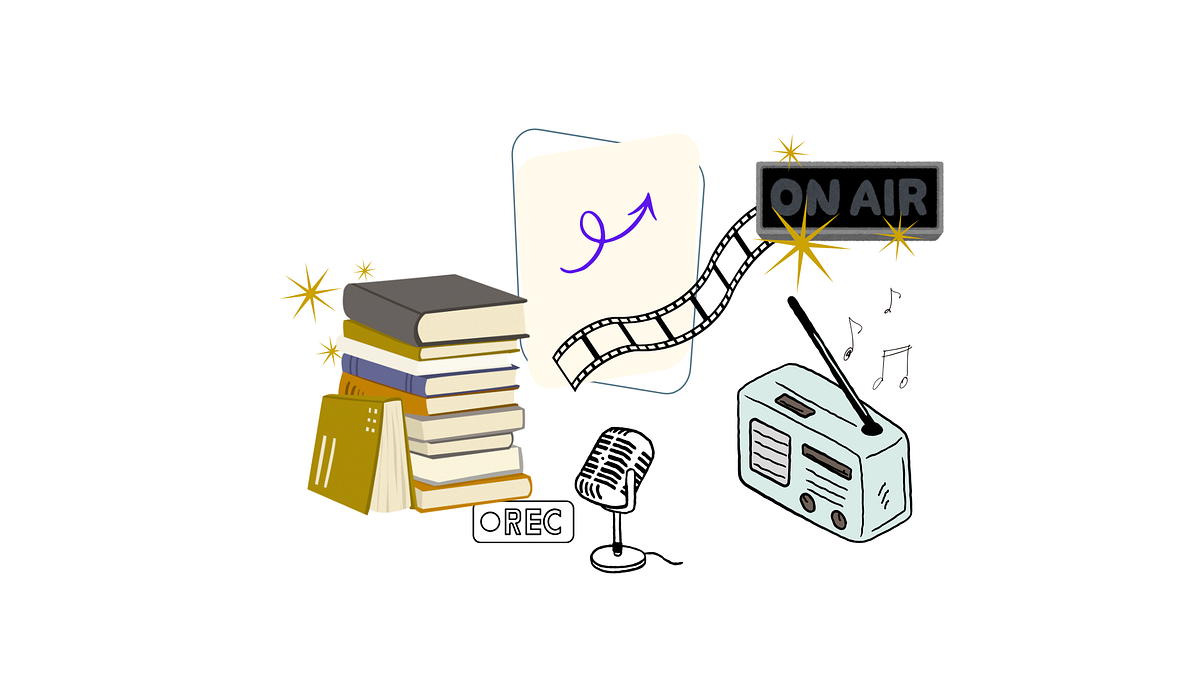From Books to Biology: The Lie I Lived for My Parents | by Praise Okaegbu-Wali | Readers Club | Oct, 2025

I can’t remember when exactly I learned how to read, but I know it was early. Earlier even than my immediate elder brother.
My father’s cousin, who lived with us at the time, played a big role in that. Though my mom believed I picked it up from my brother’s lesson teacher, I know my uncle taught me in his own way.
He lived in a small one-bedroom apartment my dad gave him, and I always remember the sight of newspapers and magazines scattered around his space. He was an artistic man — always mixing soaps, detergents, and other homemade products in my father’s compound. Maybe that’s why he read so much, to keep learning. Or maybe he simply loved knowledge for its own sake. I’ll never know.
As a little girl, I would crouch beside him as he read. Sometimes he read aloud, and I would repeat the words after him, tasting them in my mouth, learning their rhythm. He never shooed me away or made me feel like a nuisance. In fact, I think he liked having me around. He called me daughter, never my given name.
One day, he asked if I could read. I must have nodded, because he pointed at a line in the newspaper. I stumbled through it — not fluently, but enough for a little girl who hadn’t been formally taught. His face lit up. He lifted me high into the air and caught me, making me laugh so hard the sound spilled into the street.
From then on, he began to teach me properly. He showed me how to pronounce words slowly, how to spell, and how to roll the letters under my tongue until they made sense. It was never boring. He rewarded me with high-fives or by tossing me into the air, which I loved most of all.
Sometimes, when he was busy working, he would ask me to read the newspaper aloud to him while he mixed his chemicals. Over time, I grew better and more confident. He started handing me history books, with no deadlines, but I always rushed to finish in just a few days so I could get a new one. It became our routine.
He was proud of me, I know he was. But eventually, he left our home.
Suddenly, I no longer had books waiting for me. So I turned to my father’s newspapers, pretending to be a newscaster like the confident women I saw on NTA. I’d gather my younger siblings, force them to be my audience, and promise them bribes — spoons of rice, bites of meat, even agree to wash their stockings, just to sit and listen.
I loved that performance. I dreamed of being a journalist. But my dream was quietly stamped out.
My parents never seemed to notice that passion, or maybe they thought it was just a childish hobby. Instead, they pushed me toward the sciences: chemistry, physics, mathematics. I hated them all. The only subject I truly liked was biology, because at least it involved reading. But English was my favorite. In junior secondary, my essays and letters stood out so much that my teacher read them aloud to the class and had me stand to receive applause. Those were proud moments for me.
Still, my parents had already decided. They wanted a doctor in the family. I didn’t dare protest, who would pay my fees to chase my passion? So I obeyed.
In senior secondary, I struggled to stay afloat. My report cards showed me hovering around the bottom half of the class — 15th, 20th, though I proudly remember reaching 11th in SS2. For me, that was an achievement.
But deep down, I knew I was in the wrong place.
I mourned literature. As a science student, I had to drop it after SS1, even though I had been the one most eager to contribute in class. I secretly envied the literature students. To soothe myself, I devoured the literature books my elder brother brought home as an arts student: Arms and the Man, A Woman in Her Prime, Women of Owu. He read them because he had to. I read them because I loved the stories.
When it came time to choose a university course, reality hit harder. Medicine and surgery? Who was I fooling? I’m empathetic, yes, but not enough to devote my life to something I had no passion for. After my second JAMB attempt, I ended up in microbiology instead. It wasn’t my dream, and it showed, It was a constant struggle to stay focus in classes.
I graduated with a third class. Pretending to be interested in microbes didn’t work, no matter how hard I tried. My parents were disappointed. I was disappointed. But I knew the truth: it wasn’t because I was dull, but because I was trapped in a life I didn’t choose. My school system didn’t help either.
That’s how I ended up living a lie, forced away from my passion for words, for stories, for reading. All because my parents longed to be called the parents of a doctor.
I sometimes wonder what would have happened if my parents had noticed that little girl crouching beside her uncle, eager to sound out every word, face buried in novels and books, hungry for every story.
Instead, they got me, a girl who loved words, forced into sciences, pretending, struggling, and finally breaking free, and living a life I still carry stories from.
What’s your career story, I’d love to hear about all of them in the comments.
Note: I no longer feel sorry for myself. By God’s grace, I’ve carved my own path and I’m thriving in it. This story isn’t about pointing fingers or assigning blame, it’s simply a reflection of where I’ve been and how far I’ve come.


